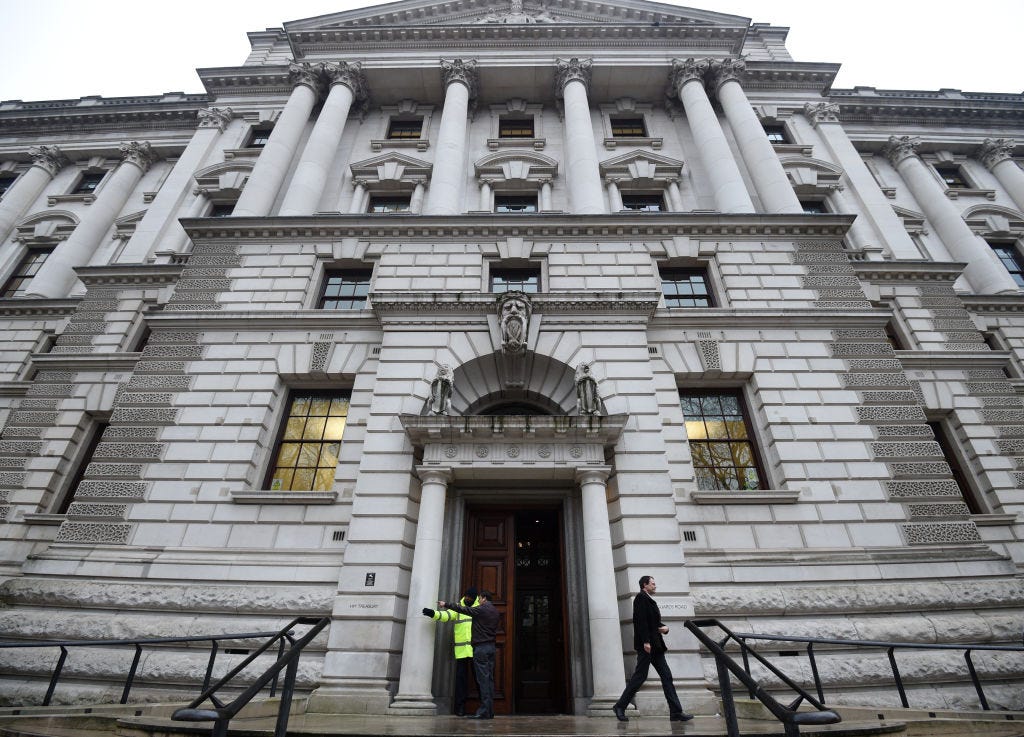Defeating Treasury Brain
The decision taken last week to further delay HS2 and several other major infrastructure projects is a dismal illustration of a fundamental flaw at the heart of the UK’s economic management. Everyone agrees we need to grow our economy faster; everyone agrees that low investment in infrastructure is a big reason why the UK is less productive than other major economies. And yet here we are further delaying our largest projects at the government desperately attempts to stay within its self-defined spending rules. This will, of course, push up the overall cost of the projects, while reducing their benefits.
It was also reported last week that the Treasury were attempting to stop the NHS from including numbers on long-term staffing need in their long awaited “workforce plan”, as this would force the government to commit to extra money beyond the current spending review period. This makes no sense. Not putting the numbers in a report doesn’t mean the extra staff aren’t needed. And if we just try and ignore that need then we won’t train enough people and will, as now, be dependent on international recruitment over which we have little control. Again it will push costs up in the long run.
This incredibly short-termist approach to public spending infects every area of policy-making. From endless expensive delays in defence procurement, to the refusal to invest in preventative programmes across education, health and crime that could ensure better outcomes and future savings across the public sector. The phenomenon is known across Whitehall as ‘Treasury Brain’ and is something I discussed in my posts on the NHS and last year on why British politics is broken. It is not the fault of individual Treasury civil servants, many of whom are brilliant, but is endemic to the way we manage public spending. And it needs to change because it’s slowly choking us.
Keep reading with a 7-day free trial
Subscribe to Comment is Freed to keep reading this post and get 7 days of free access to the full post archives.


